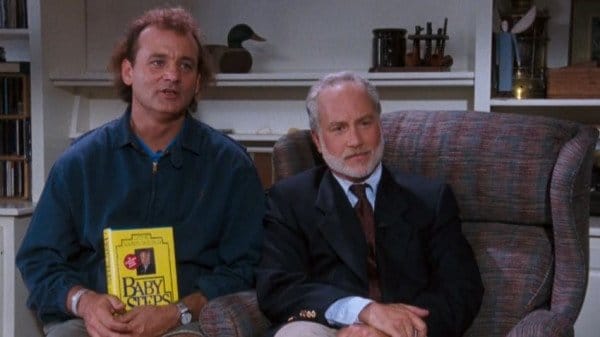If you can take control of your habits, you can take control of your life.

Your habits have been patterned into your brain since the day you were born. Some of those habits are great. They keep you alive, employed and sociable.
For example, a great habit is when you have to pee, you find a bathroom, you don’t just pee your pants. You’ve been ingraining that habit since you we’re two years old. It would take some serious effort to retrain that habit to go from “hmmm, I have to go to the bathroom, I need to find an appropriate place to do this” to “I just peed” at this stage of your life.
Crude example? Yep. But if you’re a fan of this blog, you should know what to expect around here.
It’s true though. Try and imagine trying to retrain that cue and the following behavioral habit. It would likely take years and years.
We’re full of such habits and not all of them are universal. They define and outline our daily lives, our relationships, our successes and failures, as well as our expectations.
They are the cause and effect of what, how and why we do what we do.

Try and think about yours for a second. When your alarm goes off in the morning, do you hit the snooze button? How many times? When your car’s gas light goes on, do you immediately find a gas station, or do you think, “alright, 40 miles from now, I need to find a gas station”.
When you sit down to eat, do you eat all of one thing, then move on. Or do you eat it everything in whichever pattern you decide that day?
Now, think about changing any of those habits.
Now, think about changing those habits for the rest of your life.
If you’re like most people, the “for the rest of your life” makes an enormous, perhaps even insurmountable difference. Especially regarding those more ingrained ones.
Anyone can change things for a short period of time, but what imprints them forever?
Motivation, action and consistency.
First, you need a really good reason to change a habit.
You need to reach deep within yourself and figure out what you want to do and exactly why you want to do it. Then ask yourself why again. Here’s a great post on the subject.
It needs to be something that you can feel. It should be something that gives you a tingly feeling when you imagine your success. It better be something important enough that you’ll give up other, less important things in the aspiration of achievement for.
It should inspire actions.
These actions should be feasible. Like really feasible.
Feasible enough that you may not think it’s not enough.

Remember, we’re trying to change an ingrained habit that we’ve been doing for years and years and years. It’s going to take some sustained effort to change.
Literally anyone can do anything for a short period of time. You can hold your breath for a few minutes if you have to. You can go without food for a surprising amount of time (read about my adventure with that here). You can go full blown Paleo for 30, 60 or even 90 days. But can you do those things for the rest of your life in the face of temptation and reality? Most people cannot.
The point?
The point is to take small actions steps for a sustainable period of time and build off of them for the future.
Very small actions over two week periods builds up to be 26 positive action steps over a year that I guarantee will have you much closer to your goal after 1 year’s time than doing them all at once over 30-60-90 days.
Then, these actions need to be maintained with consistency. They need to be done roughly 80-90% of the time, all the time. This relates to my last point.
Remember, small habit changes lead to long term success.
Doing, or at least being cognizant of, your new habit on a daily basis will keep you accountable and on track.
A great way to do this is to just have a calendar next to your bed. At the end of the day, if you did your new habit, make a check mark. At the end of a 2-4 week period, if you’ve filled in a majority if the days with check marks, you should feel great about that habit.
If you feel great enough to refine that one or add to that habit, do it and start your calendar tracking for that habit, while maintaining progress checks on the old one as well.

By the end of the year, you could be at 26 new habits if you do one every two weeks. That could mean that by the end of 2017, you could be:
- drinking more water
-
exercising more
-
being more punctual
-
eating smaller portions
-
cooking for yourself
-
being more attentive to your spouse or kids
-
meditating
-
reading more
-
etc, etc
So this year, rather than trying to tackle too much all at once, take a habit based approach and start small.
Need assistance with this?

- For nutriton and lifestyle goals: We’re part of a limited group of coaches who have teamed up with the world renowned Precision Nutrition Pro Coach program. We’ll be offering this program to the public starting in January with limited participants.
- For fitness goals: We have a Foundations Program designed to get you up and running into our CrossFit classes also starting in January
Email kenny@crossfitsandpoint.com to get more information about either.

